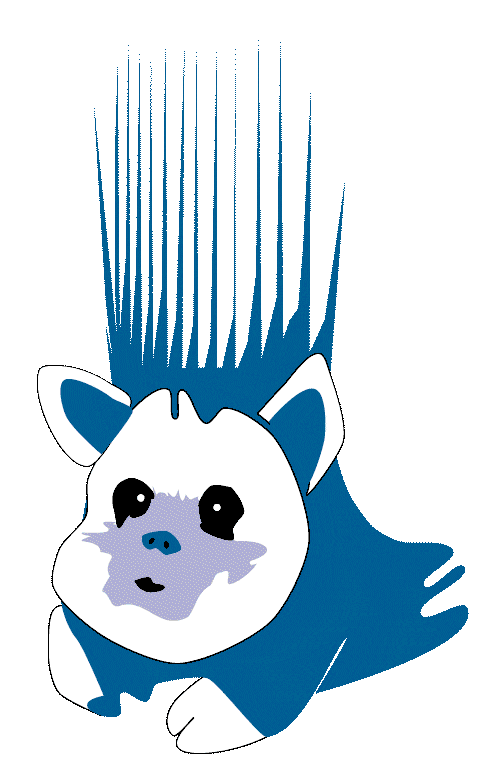SNUFA 2023

Brief summary. This online workshop brings together researchers in the fields of computational neuroscience, machine learning, and neuromorphic engineering to present their work and discuss ways of translating these findings into a better understanding of neural circuits. Topics include artificial and biologically plausible learning algorithms and the dissection of trained spiking circuits toward understanding neural processing. We have a manageable number of talks with ample time for discussions.
Executive committee. Emre Neftci, Charlotte Frenkel, Dan Goodman, and Friedemann Zenke.
Quick links. Recorded talks on Youtube
Workshop. 7-8 November 2023, European afternoons (online).
Recorded talks (Youtube)
Registration. Closed.
Abstract submission. Closed.
Invited speakers.
Rodolphe Sepulchre (KU Leuven and University of Cambridge),
Melika Payvand (INI, Zurich),
Gabriel Ocker (Boston University),
Jeff Krichmar (UC Irvine)
Agenda
Click here for all abstracts.
Click here to open in Google Calendar (allows you to add to your own calendar).
| Time (CET) |
Session |
Local date/time |
| November 7th |
|
|
| 14:00 |
Welcome by the organizers |
|
| |
Session 1 (Chair: Charlotte Frenkel) |
|
| 14:10 |
Rodolphe Sepulchre, KU Leuven and University of Cambridge (invited)
Neuromorphic learning: a control perspective |
|
| 14:55 |
Veronika Koren
Efficient computing of high-dimensional neural representations with biologically plausible E-I spiking networks |
|
| 15:15 |
Alessio Quaresima, Hartmut Fitz, Renato Duarte, Peter Hagoort, Karl Magnus Petersson
Dendrites support formation and reactivation of sequential memories through Hebbian plasticity |
|
| 15:35 |
Break (30mins) |
|
| |
Session 2 (Chair: Friedemann Zenke) |
|
| 16:05 |
Gabriel Ocker, Boston University (invited)
Plasticity, activity, and computation in neuronal networks |
|
| 16:50 |
Maayan Levy & Tim P. Vogels
Capacity of a spiking network with preserved weight distribution: a game-theory-inspired study |
|
| 17:10 |
Flash talks by selected poster presenters
Watch on Youtube |
|
| 17:30 |
Break (30mins) |
|
| 18:00 |
Poster session (Zoom)
Poster link for registered participants |
|
| November 8th |
|
|
| 14:00 |
Welcome to day two |
|
| |
Session 3 (Chair: Dan Goodman) |
|
| 14:05 |
Melika Payvand, INI, Zurich (invited)
Analog substrates for temporal and local event-based computation |
|
| 14:50 |
Ilyass Hammouamri, Ismail Khalfaoui Hassani, Timothée Masquelier
Learning Delays in Spiking Neural Networks using Dilated Convolutions with Learnable Spacings |
|
| 15:10 |
Justus Huebotter, Pablo Lanillos, Serge Thill, Marcel van Gerven
Training Spiking Neural Networks for Continuous Control with Surrogate Gradients |
|
| 15:30 |
Break (30mins) |
|
| |
Session 4 (Chair: Emre Neftci) |
|
| 16:00 |
Jeff Krichmar, UC Irvine (invited)
CARLSim: An Open-Source Community Resource for Large-Scale, Detailed Spiking Neural Network Research and Development |
|
| 16:45 |
Alexander Efremov, Martino Sorbaro, Pau Vilimelis Aceituno, Benjamin Grewe
Training fast spiking networks through STDP and control feedback |
|
| 17:05 |
Antony W. N’dri, Céline Teulière and Jochen Triesch
Combining various types of spike timing-dependent plasticity to learn efficient neural codes |
|
| 17:25 |
Closing remarks by the organizers |
|
Abstract submissions
Closed
Abstracts will be made publicly available at the end of the abstract submissions deadline for blinded public comments and ratings. We will select the most highly rated abstracts for contributed talks and flash talks, subject to maintaining a balance between the different fields of, broadly speaking, neuroscience, computer science and neuromorphic engineering. Abstracts not selected for a talk, and abstracts selected for a flash talk, will be presented as posters.
- Two half days
- 4 invited talks
- 7 contributed talks
- Flash talks by selected poster presenters
- Virtual poster session
